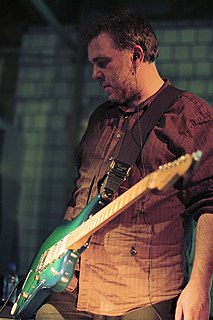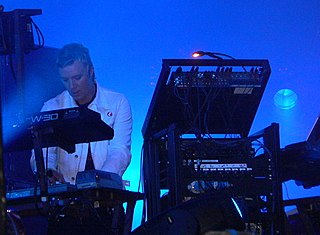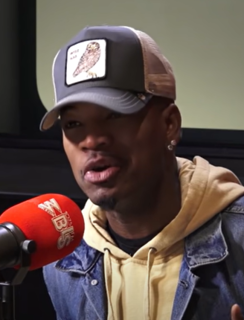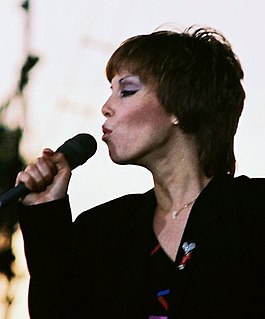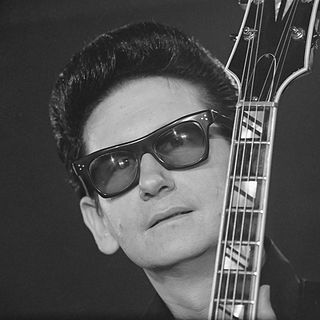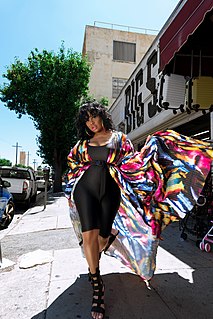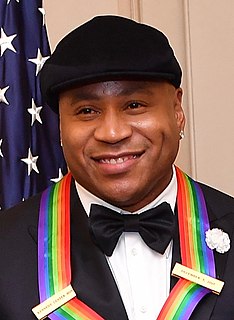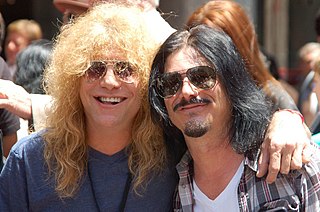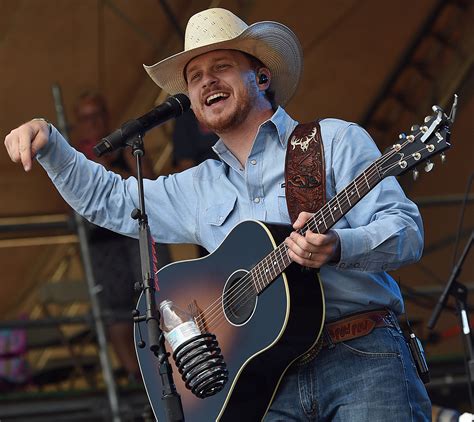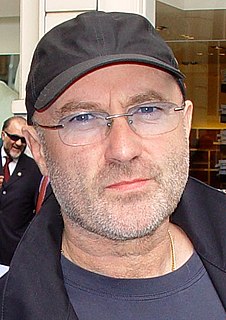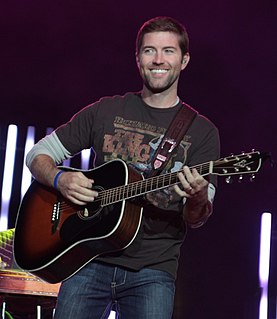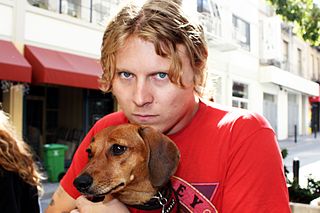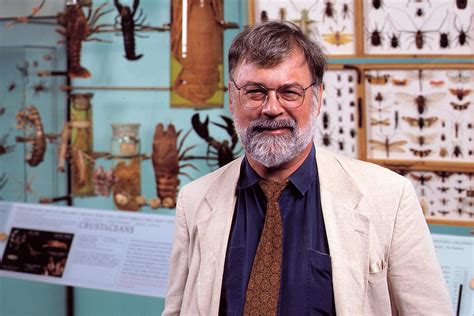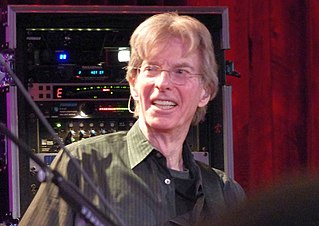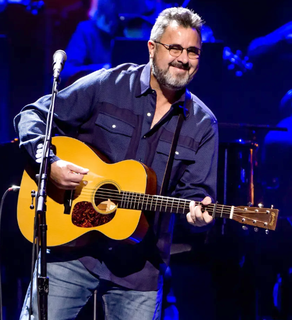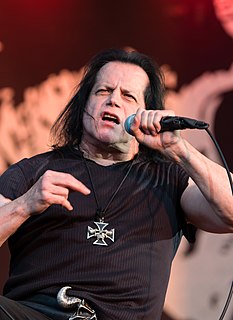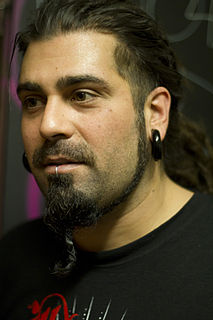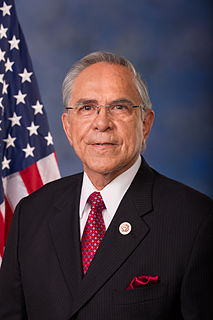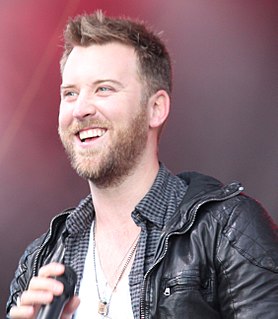Top 1200 Record Quotes & Sayings
Explore popular Record quotes.
Last updated on April 14, 2025.
When I produce someone's record I have to remember it's their record..no matter what I bring to it..er, sometimes that's not too easy:) It is a responsibility made less easy by people I work with encouraging me to play guitar on their record...A soon as I start playing guitar on someone's record it inevitably starts to sound like me...not always a good thing.
I always tell the story of 'Irreplaceable.' I initially wrote 'Irreplaceable' with myself in mind, with plans of it being my record. I love that record; however, what I realised about that record was that though given the circumstances of that situation - men and women are not that different - when you sing about it, it changes things, you know?
I'll be honest with you, one of the things that frustrated me the most out the record leak thing, it had nothing to do with record sales - I mean, that's a joke. Has anybody looked at how many records anybody sells anymore? If you're not Jay-Z, a record leaking isn't going to affect you. It was just really personal.
My record label, which is a huge record label who represents massive, massive stars - they've never done anything like this before, and they were so excited about this idea of an animated character which is singing legitimate music. It's not a comedy record, it's a legitimate record. And they really jumped on board. So, we've got our Facebook page up, we'll be jumping on Twitter very soon, and sort of be creating Haley outside of American Dad.
You can expect a record that I put together for you to make you feel good, a record that I put together to make you think, a record to transport you into whatever mood you want to be in. I hope that people associate my name with the brand, and I hope that people associate that brand with excellence. So, you can expect an excellent record.
I don't think that much anymore in terms of 'write a record, record a record, tour a record,' because in my own mind, things have changed, in that I'm just an ongoing artist. I'm not quite sure what the next project needs to be until it presents himself, and then I know. I just follow dutifully while I'm being led.
When I was growing up, my mother would always say, 'It will go on your permanent record.' There was no 'permanent record.' If there were a 'permanent record,' I'd never be able to be a lawyer. I was such a bum, in elementary school and high school... There is a permanent record today and it's called the Internet.
I do not want and will not take a royalty on any record I record. I think paying a royalty to a producer or engineer is ethically indefensible. The band write the songs. The band play the music. It's the band's fans who buy the records. The band is responsible for whether it's a great record or a horrible record. Royalties belong to the band. I would like to be paid like a plumber. I do the job and you pay me what it's worth.
I struggled with the pressure of having the successful record after the first record. Second album syndrome. I'm living proof; it's very real. It was like a psychological battle to be creative. I used to never feel pressure to be creative; it's always just been a fun thing. And then suddenly it's my job, and people are asking, 'Where's the record?'
I feel like the live record thing is something that I've been getting used to as the years go by and with this being my second one, I'm continuing to learn what works and what doesn't work. A live record is an example of that authenticity and that realness that you find in imperfection and you can hear that in this record.
I really like to think of each record as its own thing. So, for sure, but I hate the idea of being stuck in anything. Like I want to do a Hawkwind-style record too, or a noise rock record or a hardcore record. Why not, you know? I would just not want to keep heading too far in one direction, without pulling off and going the other way.
People want to be the first with the record, they want to be the first to know which songs are on the record, all that kind of stuff. So I like to just stall them a bit. Personally, I love the idea of an album that's completely new, that no one's heard any free downloads, any pre-record releases, all that kind of stuff, and nothing's been played on the radio. Totally virgin, you know, a sealed record. That's my ideal, but it's very hard to get anybody else to agree to do that.
The decision to change the name meant we were getting serious, because we couldn't make a record if some other band had the same name as us.
I told the boys I was in a record store, thumbing though 45s, and I'd seen a record with the name the Warlocks on it. I've often wondered whether I hallucinated it, because I never saw the record again and I never heard a word about any band called the Warlocks.
You sometimes get the feeling that people think getting back together after a hiatus to write and record a record is work, you know, arduous and unpleasant. Being able to write and record - that's a privilege. I don't forget the long days I spent working in a restaurant, when I wanted to be done so I could go home and work on a song.
Well, I never made a record to be in the Christian market. So when I made my record it was to exist in all of the markets. I grew up not really listening to tons of Christian music and if I did it was in the context of all the other music I listened to. So when I made the record I definitely had plans and visions and dreams.
The first record was basically a quick, fast record. The second record, we were going for more of a poppier sound - like a heavy pop sound. For 'Rocket to Russia,' we'd sort of reached our pinnacle. We'd gotten really good at what we were doing, so that's like my favorite record - that's a really good record. It's just great from beginning to end.
When I was growing up, my mother would always say, 'It will go on your permanent record.' There was no 'permanent record.' If there were a 'permanent record,' I'd never be able to be a lawyer. I was such a bum in elementary school and high school... There is a permanent record today, and it's called the Internet.
I really like to think of each record as its own thing. So, for sure, but I hate the idea of being stuck in anything. Like I want to do a Hawkwind-style record too, or a noise rock record or a hardcore record. Why not, you know? I would just not want to keep heading too far in one direction, without pulling off and going the other way. That is what is fun for me.
Al Gore wanted to tell people what they could listen to and what they couldn't, what they could record. It was basically coming down to the idea that he wouldn't let anybody record any music that he didn't think you should be doing. There was going to be an organization that would tell you what you could and couldn't record.
I love the Bach Prelude No. 2 in C Minor and had that stuck in my head: why don't I put this on Imaginaryland? So I brought it to my friend Tom Grimley who recorded That Dog's first record. I played him all my a cappella pieces, and he said, "P, you should really make a record, it would be great! You can record it at my studio and I'll put it out!"
I think bands will actually make more money without record companies; a much bigger share of the money will go to the bands. You won't have record shops taking 40 percent of the money. You won't have record labels taking 40 percent of the money. So they don't have to sell as many albums as they used to in the past. So it's not necessarily a bad thing if record companies disappear.




